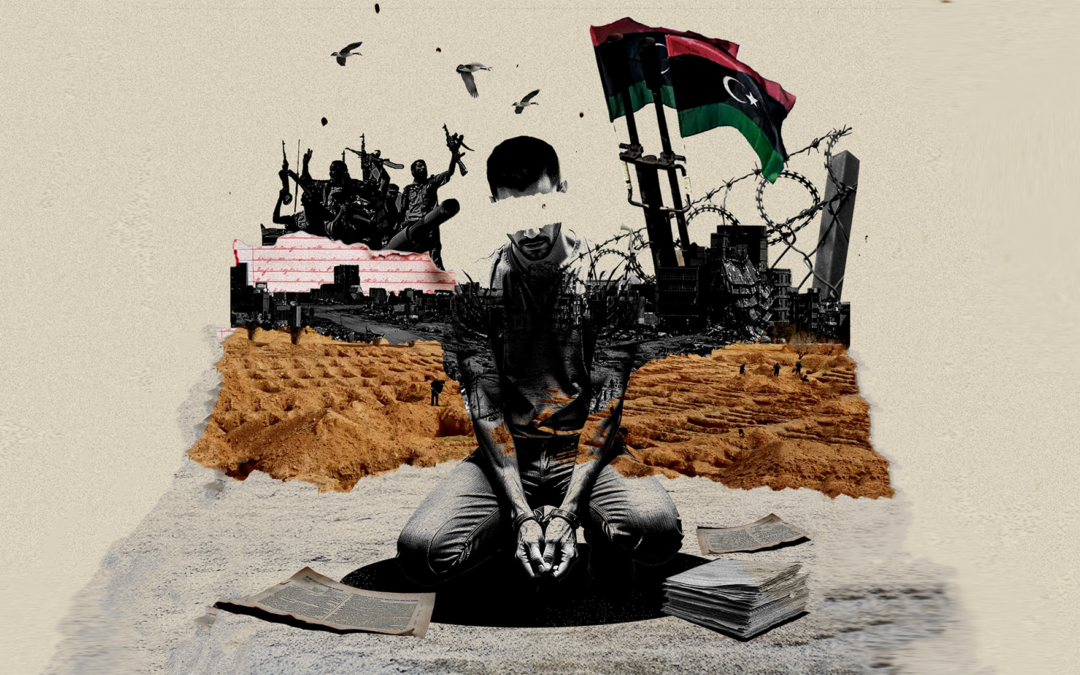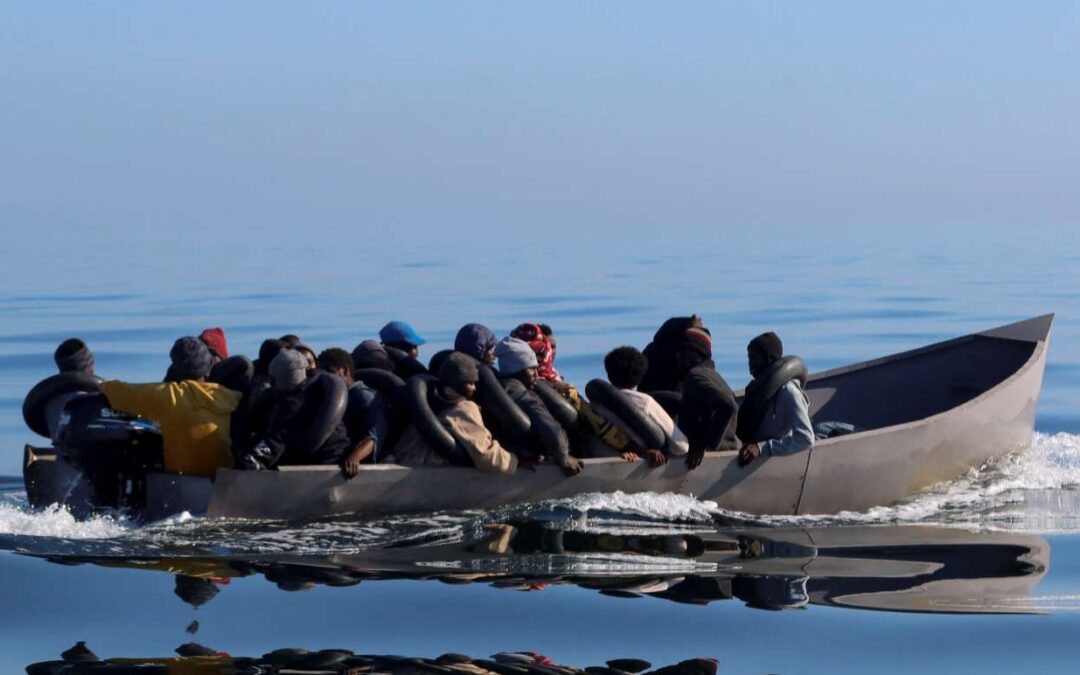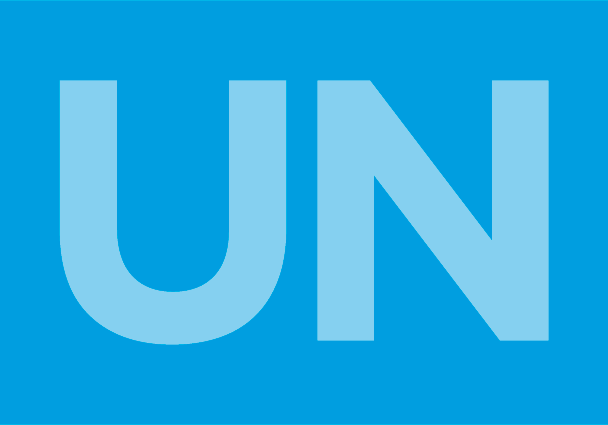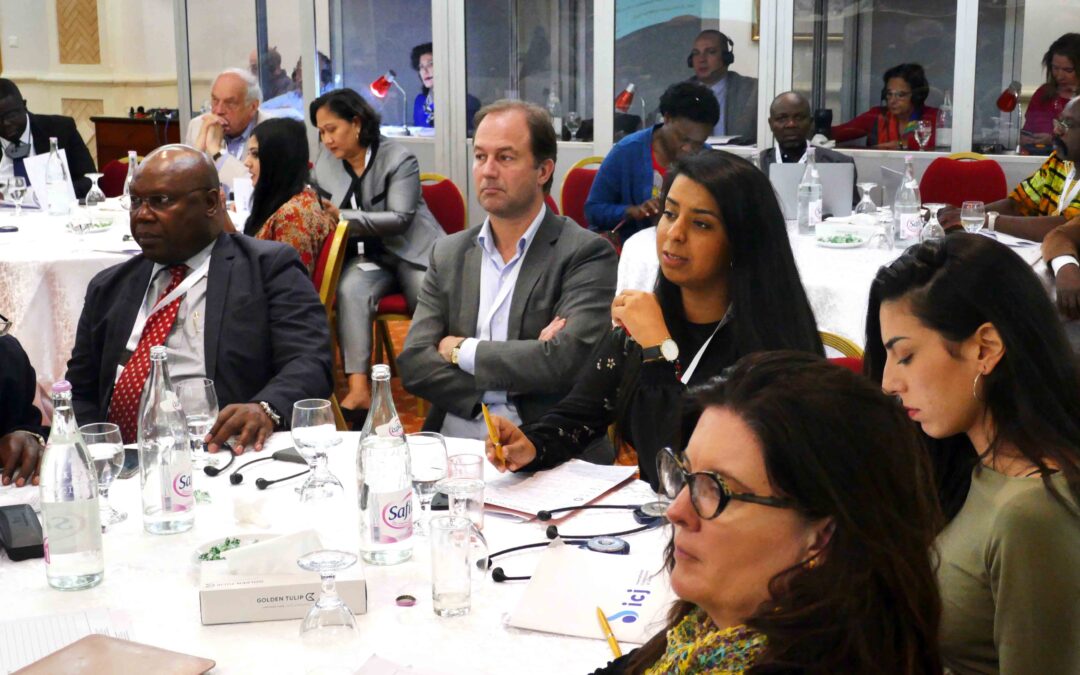


The Price of Complicity: Tunisia-EU Partnership Agreement Fuels Serious Abuses Against Refugees, Asylum-Seekers and Migrants
Today, on International Migrants Day, the International Commission of Jurists (ICJ) published a briefing paper calling on the Tunisian authorities to immediately halt all collective expulsions and inhuman treatment of refugees, asylum-seekers and migrants. The ICJ...
Joint Position Paper: Advancing Child Rights in the proposed EU Corporate Sustainability Due Diligence Directive
Save the Children and the International Commission of Jurists have prepared a joint statement on the proposed EU Corporate Sustainability Due Diligence Directive, which has the potential to have a substantial impact on the conduct of businesses incorporated in and/or with operations in the European Union and the ability of these businesses to respect, protect and promote human rights and protect the environment, particularly if it embeds a more robust human rights and rights of the child approach.

ICJ and other groups present a position paper calling for a stronger treaty body system
The ICJ, Amnesty International, the International Rehabilitation Council for Torture Victims and the Jacob Blaustein Institute for the Advancement of Human Rights have presented a position paper ahead of the review of the human rights treaty body system.
Thefour NGOs are committed to ensuring the effectiveness of the United Nations human rights treaty bodies as critical institutions charged with strengthening the protection of human rights around the world.
General Assembly resolution 68/268 on Strengthening and enhancing the effective functioning of the human rights treaty body system mandates a review of the “effectiveness of the measures taken in order to ensure their sustainability, and, if appropriate, to decide on further action to strengthen and enhance the effective functioning of the human rights treaty body system” no later than April 2020.
The goal of the four organizations is for the outcome of the 2020 review to support a treaty body system that strengthens the realization of human rights at the domestic level, including by assisting States to give effect to their treaty obligations and by making the system more accessible to rights-holders to exercise and enjoy their human rights.

The Tunis Declaration reaffirms ICJ’s commitment to defend the rule of law – Video
At the 19th World Congress of the ICJ held in Tunisia on 23-24 March, some 100 distinguished judges, lawyers came together to adopt the Tunis Declaration on Reinforcing the Rule of Law. The Declaration was published today. Watch the Congress video clip.
The Tunis Declaration reaffirms the ICJ’s unyielding commitment to defend and advance the Rule of Law and human rights at a time when commitment to them by States and other powerful actors appears to be wavering.
It stresses that not only are human rights and the Rule of Law indispensable to the betterment of the human condition and a dignified life for all people, but also must be harnessed and developed to address such contemporary challenges as catastrophic climate change and the effects of digital technology.
The Declaration sets out key elements of the Rule of Law and human rights and aspects of their application to the independence of judges and lawyers; access to justice and accountability; security; equality and non-discrimination; and civil society space and fundamental freedoms.
In respect of each of these areas, the ICJ, including its Commissioners, Honorary Members, National Sections and Affiliate Organizations commit themselves to a particular course of action.
ICJ President Robert Goldman said: “Since its founding in 1952, the ICJ has played a preeminent, if not unique, role in seeking to promote and uphold the rule of law around the globe. While notable progress has been made over the years, we sadly are now in a period of clear regression.”
“Today the very concept of the rule of law is itself under attack, particularly by self-styled populist leaders on the Left and Right who have embraced and espouse authoritarian, nationalistic and xenophobic policies.”
“Their policies have led to the demonization of immigrants, asylum seekers and minorities, as well as attacks on human rights defenders and civil society organizations, attacks on the civilian judiciary, attacks on the media, attacks on and arrests of opposition leaders, and the use of counter-terrorism laws against peaceful protesters and the use of military courts to try them.”
“Such practices are exquisitely antithetical to and utterly destructive of the rule of law and the rights based system that the ICJ has sought to promote and protect over the years.”
“While these new challenges to human rights and the international legal framework supporting them are grave indeed, the ICJ is, by experience and deeds, is uniquely qualified to meet them.”
“The Tunis Declaration and plan of action for the ICJ vigorously reaffirms our vision of a rule of law that upholds the dignity and human rights of every person everywhere in the world.”
Download
Universal-ICJ The Tunis Declaration-Advocacy-2019-ENG (the Tunis Declaration, in PDF)
Universal-ICJ Congresses-Publications-Reports-2019-ENG (the ICJ Congresses booklet, in PDF)
Watch the ICJ Congress 2019 video:




